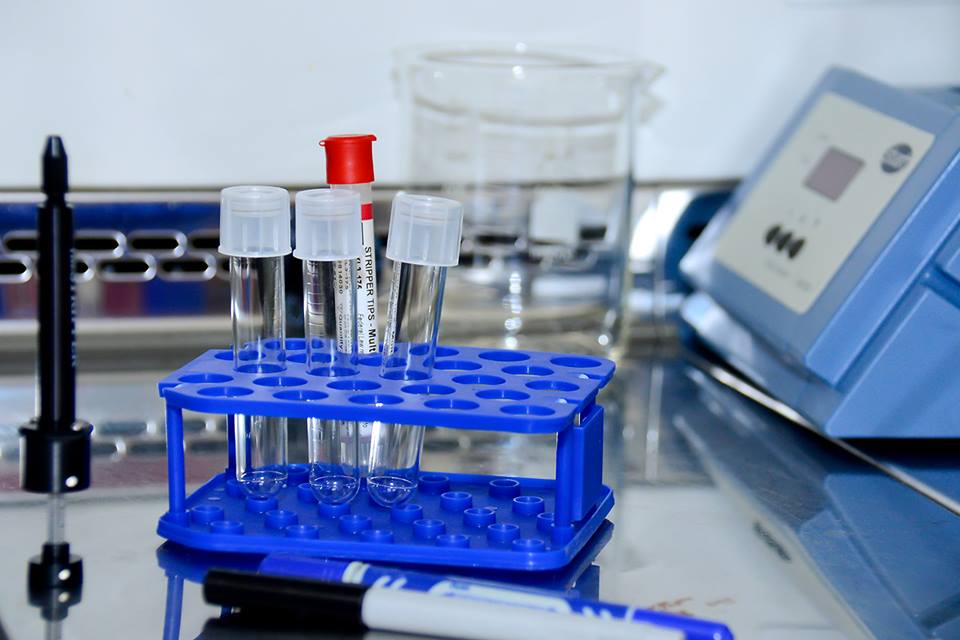[tm_pb_section admin_label=”section”][tm_pb_row admin_label=”row”][tm_pb_column type=”4_4″][tm_pb_text admin_label=”Text”]
12 cogent facts to know about Anti-Müllerian hormone (AMH) – the new “BABY DEADLINE TEST” by Dr Lateef Akinola, PhD, MRCOG
1. Anti-Müllerian hormone belongs to the TGF-ß protein superfamily present in both female & male blood and sex hormone organs.
2. It is produced by the granulosa cells of the growing ovarian follicles in the females and the Sertoli cells in the male testis.
3. Before birth, AMH is present in both female and male fetuses and its notable function during pregnancy is to inhibit the formation of the uterus (womb) in the male embryo.
4. In contrast to FSH and LH (which rises) AMH blood levels declines exponentially with increasing age in the females.
5. The level is highest in females with polycystic ovarian disease and lowest during menopause.
6. It is favourably used as “the baby deadline test” to predict fertility, egg reserve and as a measure for ovarian response to treatment with fertility drugs in the females.
7. Its blood level estimates the quantity and not the quality of eggs in the female ovary, therefore, not a measure of female egg quality.
8. AMH in combination with female age and ovarian antral follicular count, are the best predictor of fertility potential, egg reserve and response to IVF treatment drugs.
9. A strong advantage supporting the use of AMH as a measure of ovarian reserve is the fact that it does not fluctuate throughout the menstrual cycle, in contrast to FSH, LH, estradiol and other tests to predict egg reserve.
10. Therefore AMH can be measured at any time during the female menstrual cycle in contrast to FSH and LH which usefulness as a fertility predictor are restricted to day 1-3 of the cycle.
11. AMH is now widely in use to determine “fertility window” and when to consider egg freezing for storage for use at a later date in women voluntarily delaying childbearing.
12. AMH is not a predictor of IVF treatment success, pregnancy or baby livebirth rate.
Get more info @ www.drlateefakinola.com, www.themedisonhospital.com
[/tm_pb_text][/tm_pb_column][/tm_pb_row][/tm_pb_section]
